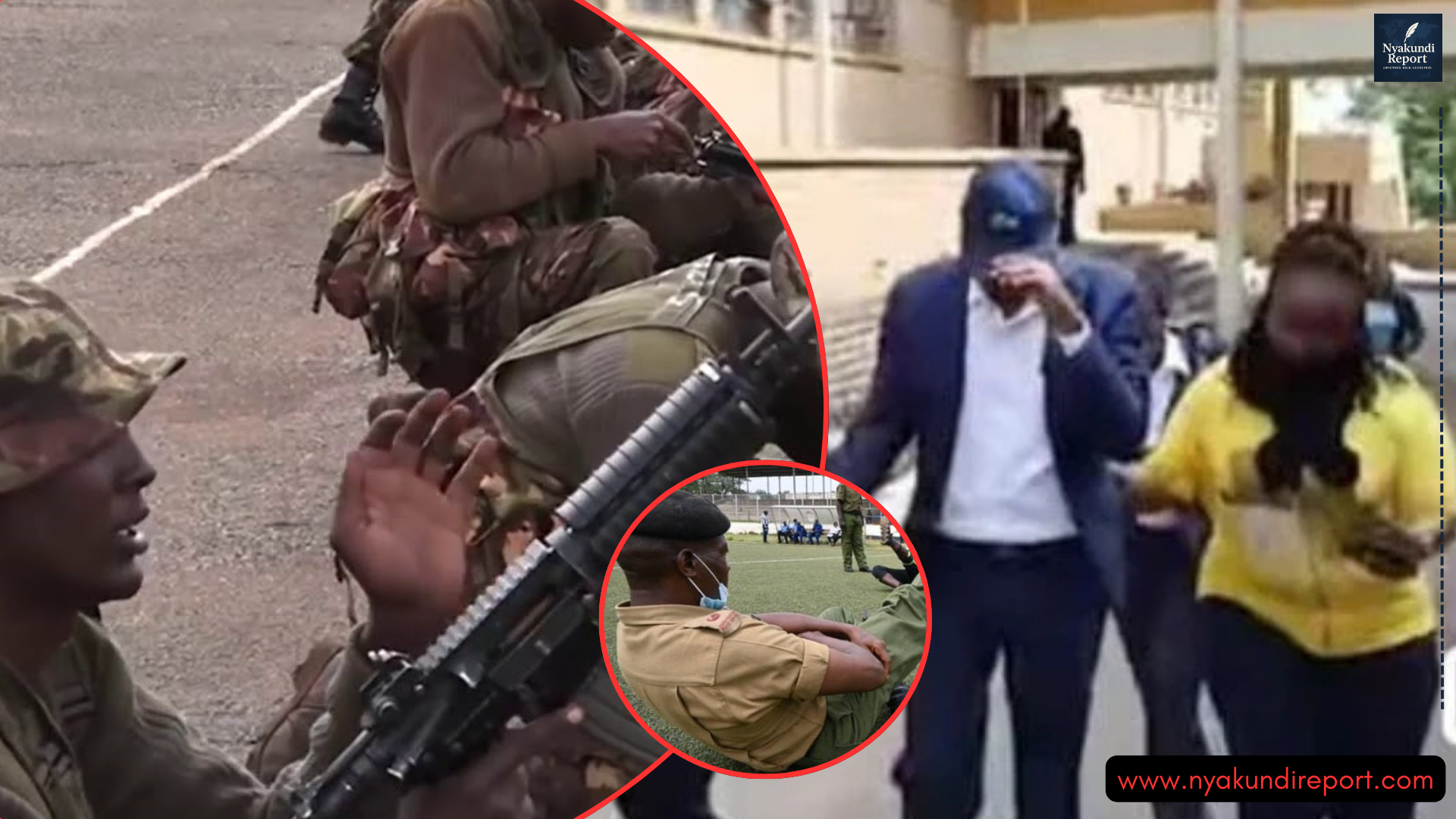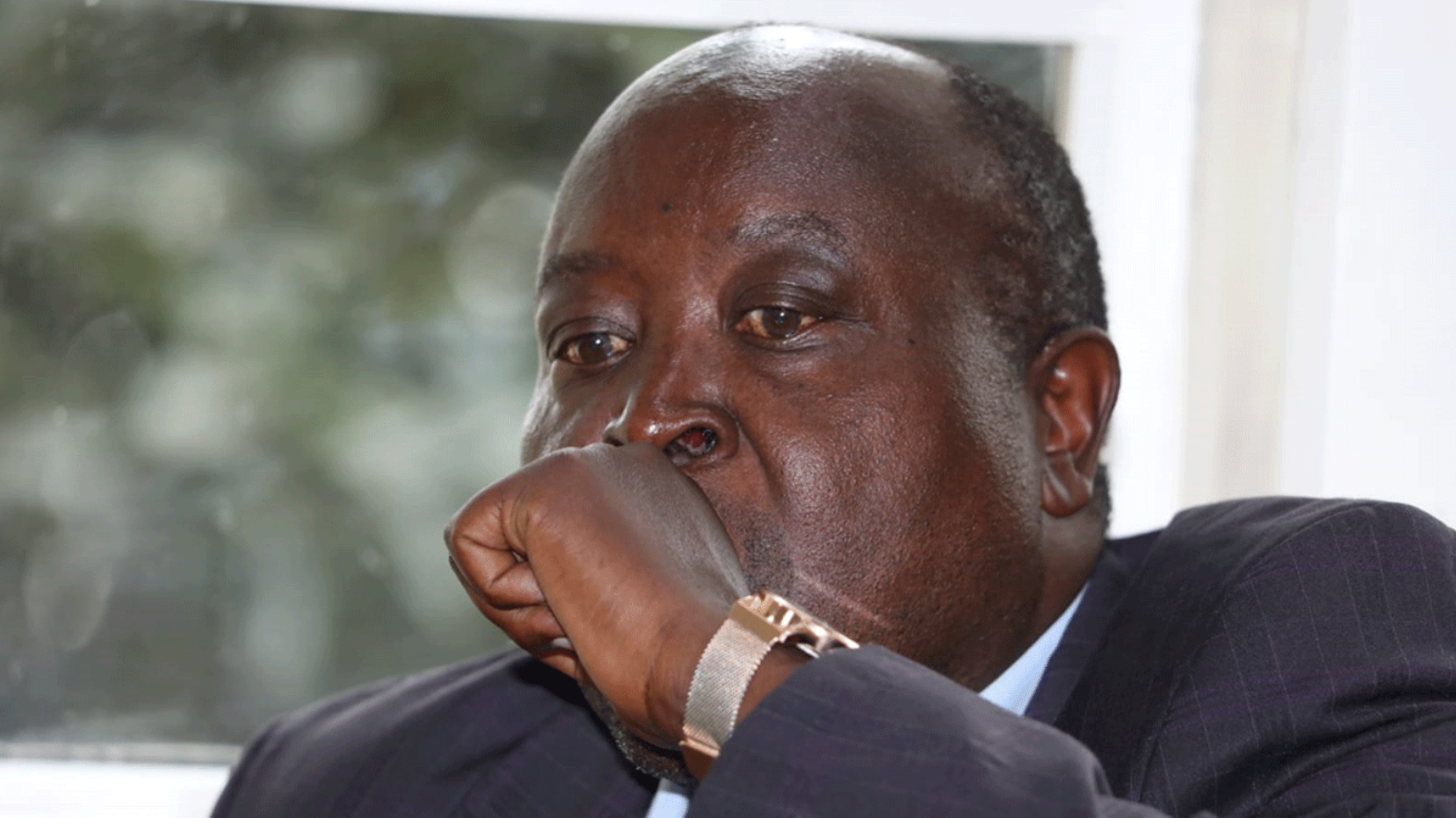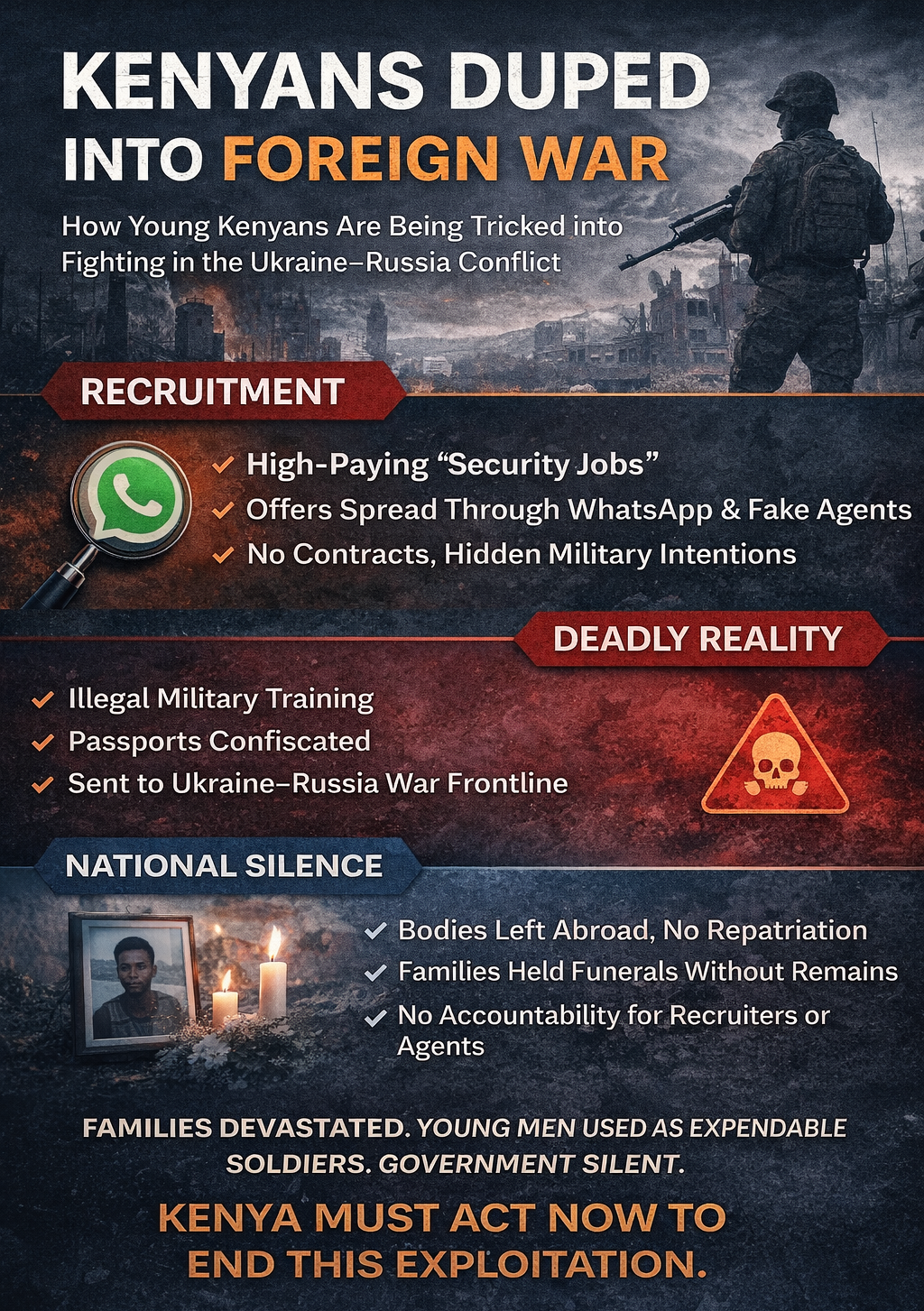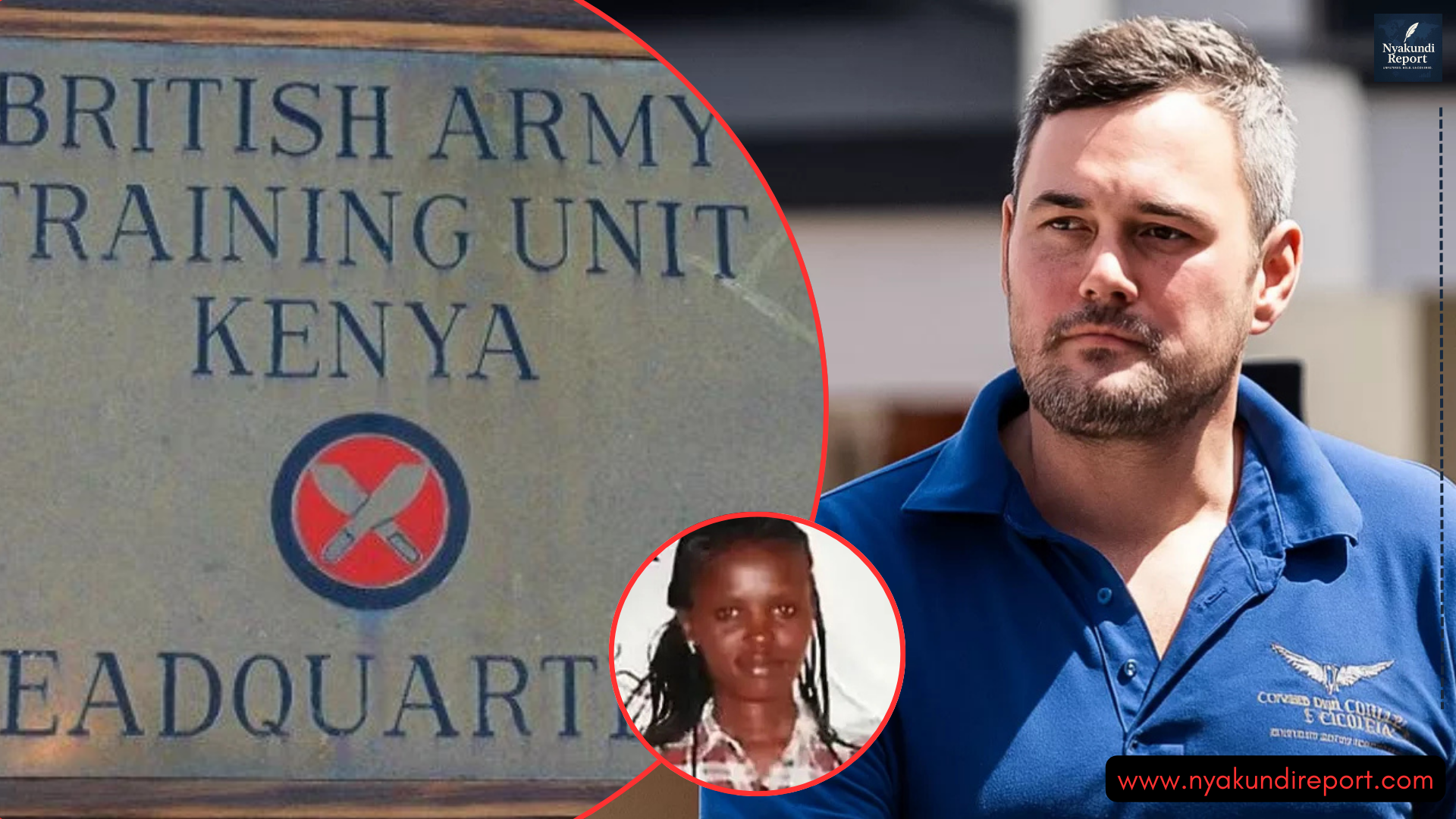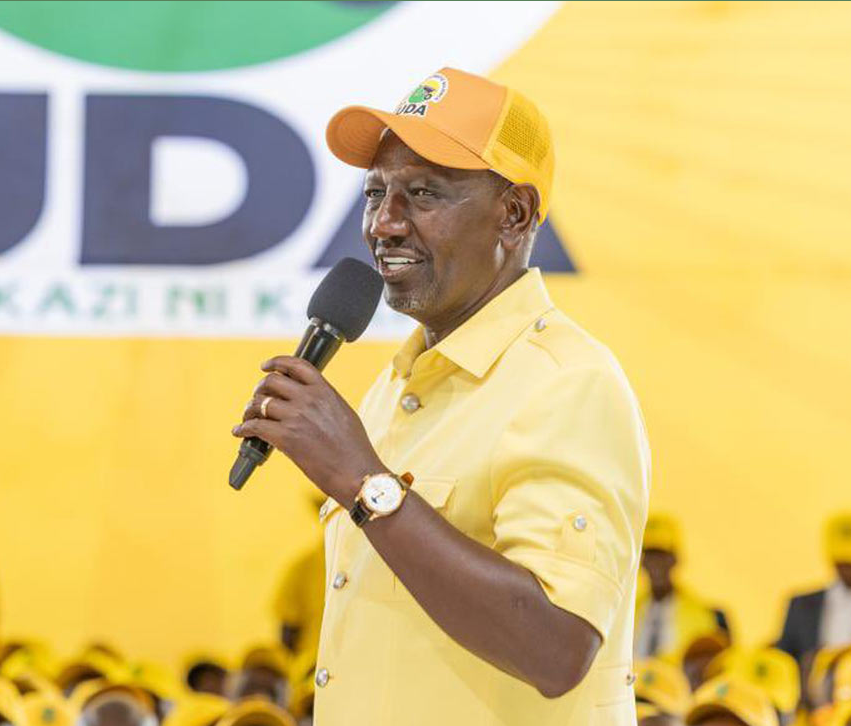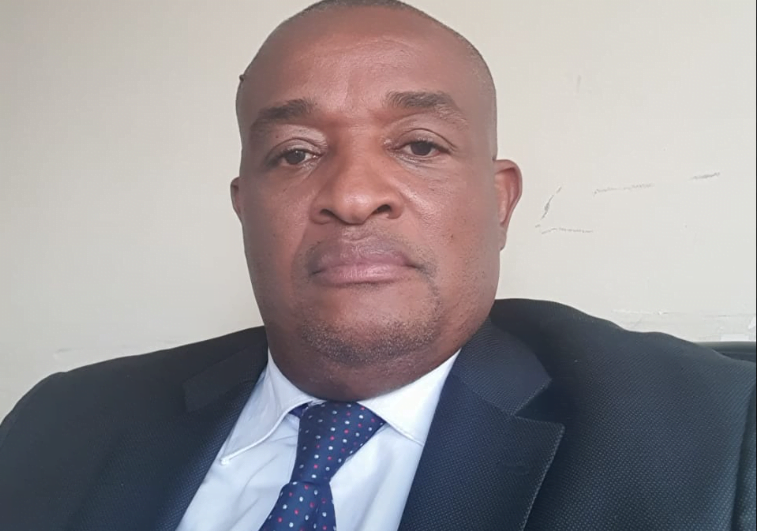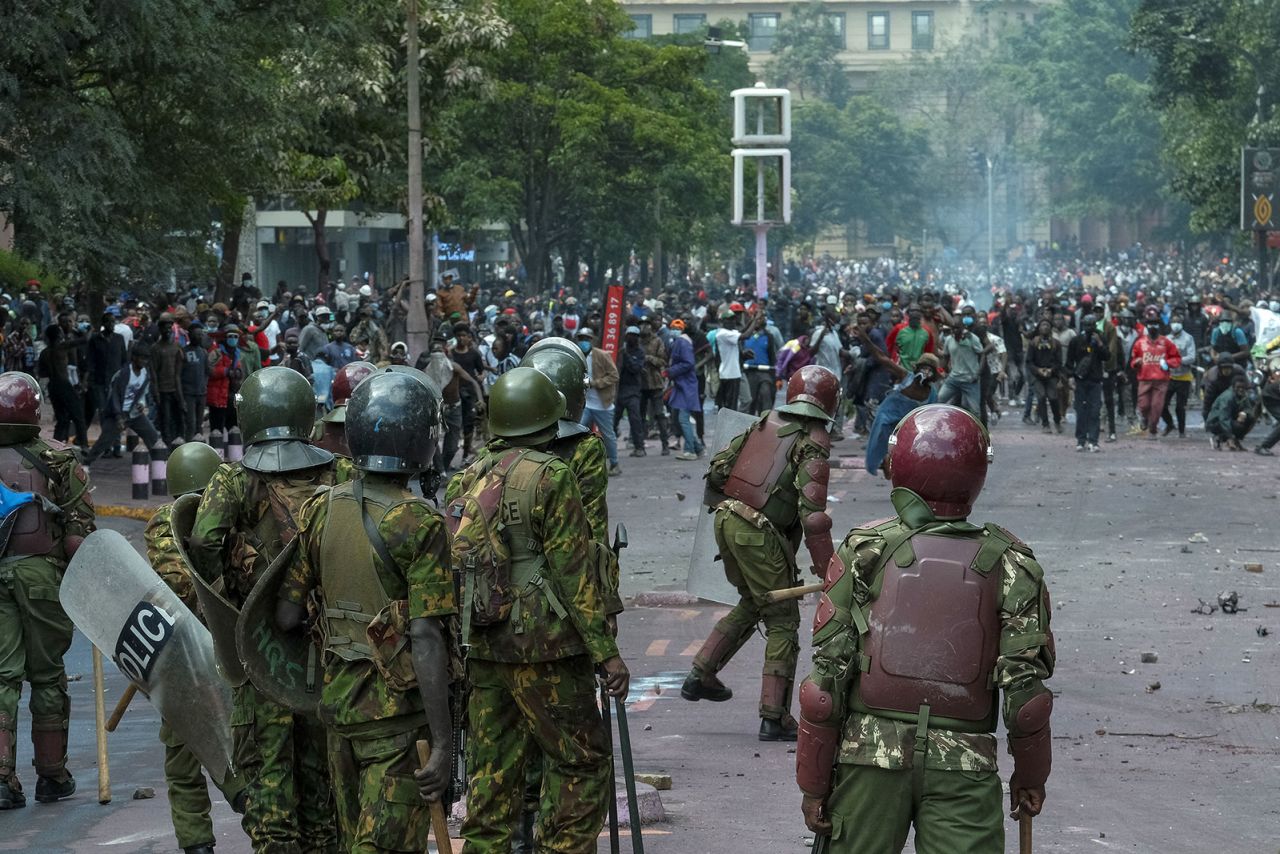Tension is rising across East Africa as Former Chief Justice David Maraga calls out both the Kenyan and Tanzanian governments over the disappearance of activist Boniface Mwangi.
Mwangi, known for his bold activism and fearless journalism, vanished after attending a solidarity event for Tanzanian opposition leader Tundu Lissu. Arrested by Tanzanian authorities, Mwangi has not been seen or heard from since Monday.
Maraga is now leading a loud and urgent campaign to secure Mwangi’s freedom, accusing the Kenyan government of silence and Tanzania of violating international law. As days pass, the pressure to bring Mwangi home continues to mount.

David Maraga Leads Push to Free Boniface Mwangi
Former Chief Justice David Maraga is at the forefront of a growing outcry demanding the release of Kenyan activist Boniface Mwangi, who disappeared after being detained in Tanzania earlier this week.
Mwangi had crossed into Tanzania to show support for opposition leader Tundu Lissu. However, just a day after his public appearance, he was arrested under unclear circumstances. Since then, there has been no official word from the Tanzanian government on his status.
Maraga, deeply troubled by Mwangi’s silence and isolation, has openly criticized Tanzanian authorities for detaining him without granting access to legal counsel, court appearance, or consular support. He called the ongoing detention a blatant breach of international human rights law.
Even more damning is Maraga’s frustration with the Kenyan government, which he accuses of abandoning one of its own. He condemned the silence from Nairobi and demanded that the Ministry of Foreign and Diaspora Affairs provide answers. In his words:
“I urge the Ministry to urgently provide the public with clear information about Boniface Mwangi’s specific circumstances, the reason the Tanzanian government continues to detain him, and what effort it is making to ensure Tanzania complies with international human rights law.”
Maraga didn’t just voice his concern from afar. He travelled to Tanzania on Monday to show solidarity. He joins a growing list of Kenyan leaders making the same journey despite the risks.
Activists Face Hostility in Tanzania
Boniface Mwangi is not the only one facing resistance from Tanzanian authorities. Earlier, a Kenyan delegation led by veteran lawyer Martha Karua and accompanied by Lynn Ngugi and Gloria Kimani, was detained and deported from Dar es Salaam after landing at Julius Nyerere International Airport.
They had been officially invited by the East Africa Law Society and the Law Society of Kenya to support Tundu Lissu.
Despite following due diplomatic processes, Karua and her team were denied entry into the country. This incident, coupled with Mwangi’s arrest, raises deeper questions about freedom of expression and political solidarity in the East African region.
David Maraga has pointed to these patterns as alarming signals of democratic backsliding and has warned that such repression should not be allowed to pass without scrutiny. The former CJ’s presence in Tanzania is not just symbolic—it sends a loud message: Kenya will not be silent when its citizens are unlawfully targeted.
Mounting Pressure on the Kenyan Government
The Kenyan government is facing increased criticism for its lukewarm response. Maraga’s remarks echo those made by other prominent figures, including former nominated MP and KNUT Secretary General Wilson Sossion, who insisted that Kenya deserves an explanation.
“Where protocols are breached, each country will invoke its laws and make independent decisions. Kenya deserves an explanation for why Boniface Mwangi is in detention and why Martha Karua was deported,” Sossion said.
With mounting public concern, the silence from Kenya’s Ministry of Foreign and Diaspora Affairs is becoming harder to defend.
Critics argue that Kenya must do more than issue diplomatic notes—it must demand accountability. Adding to the confusion, the President of the Tanganyika Law Society, Boniface Mwabukusi, walked back earlier claims that Mwangi had been deported.
He now states that both Mwangi and Ugandan lawyer-journalist Agatha Atuhaire remain in Tanzania, though their exact status remains unknown. This reversal only adds to the urgency of Maraga’s calls for transparency.

